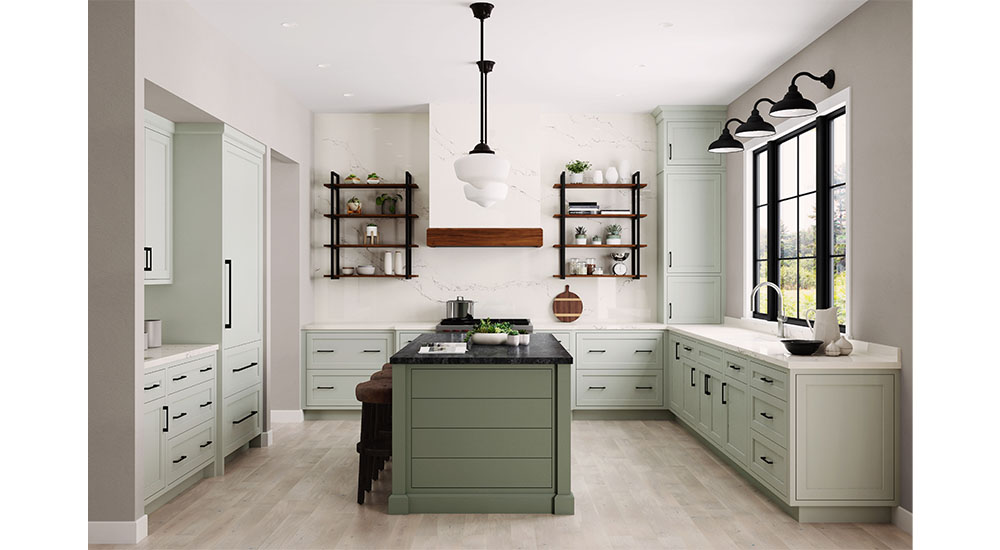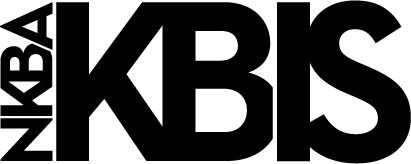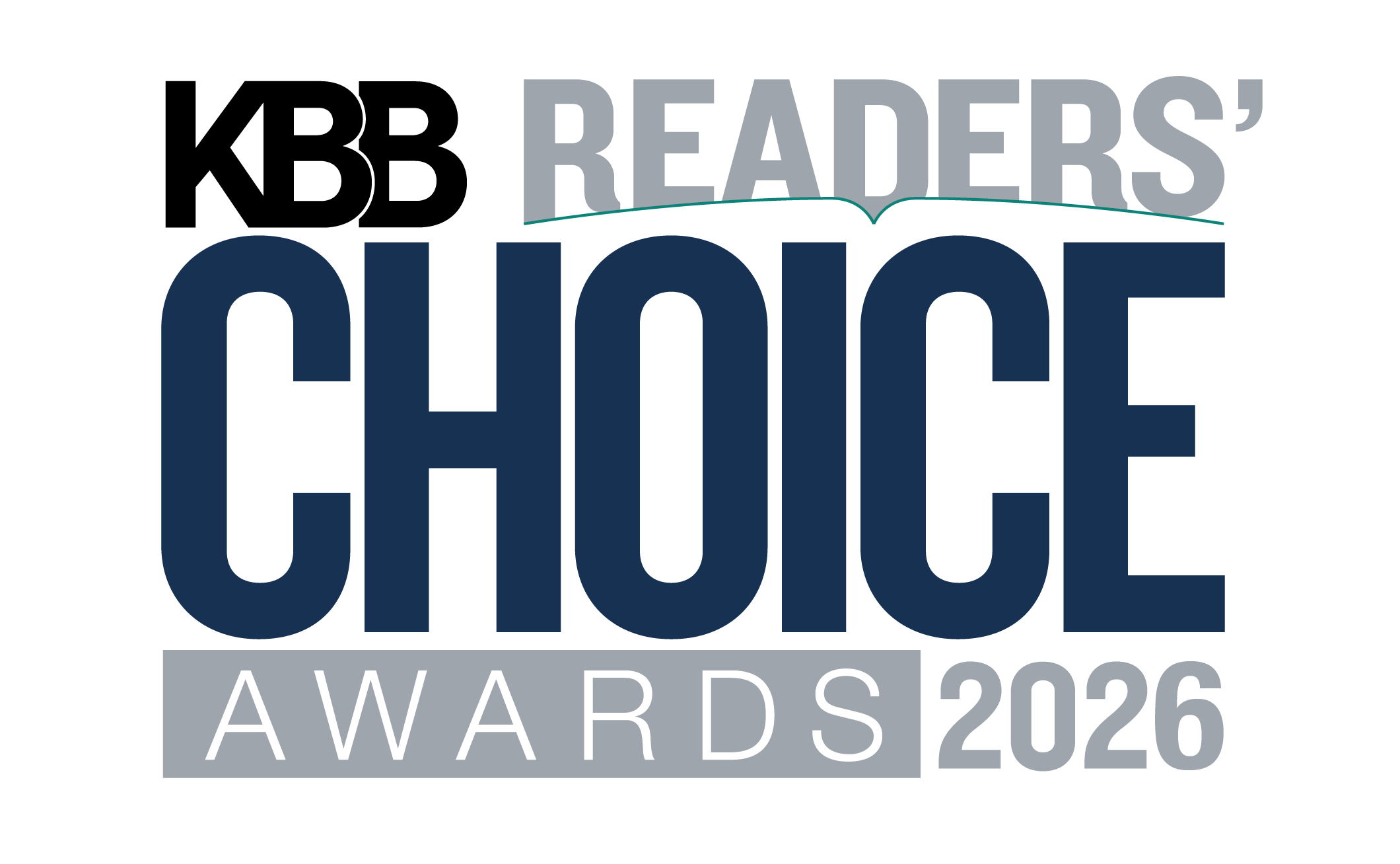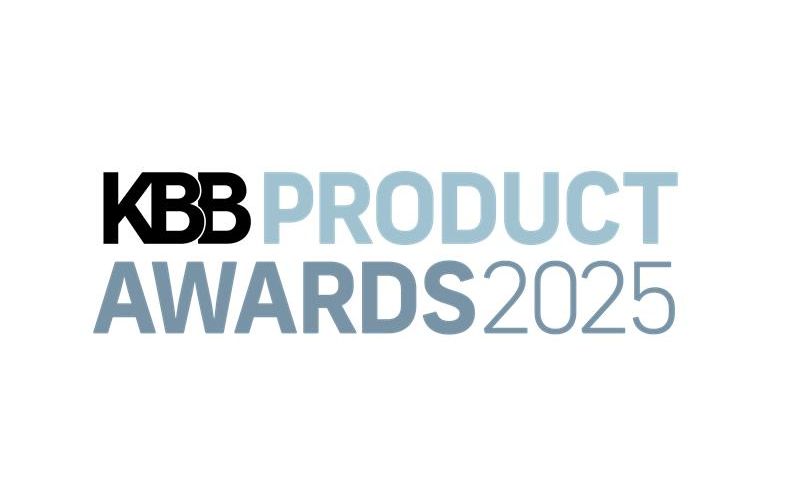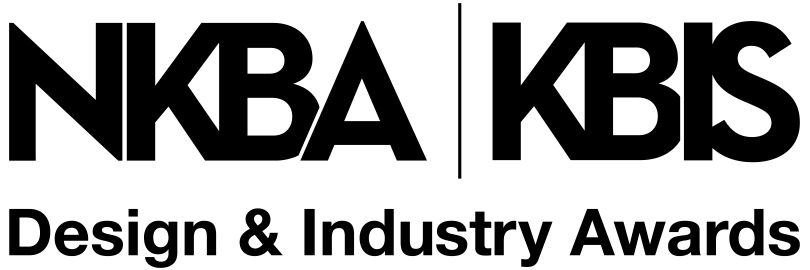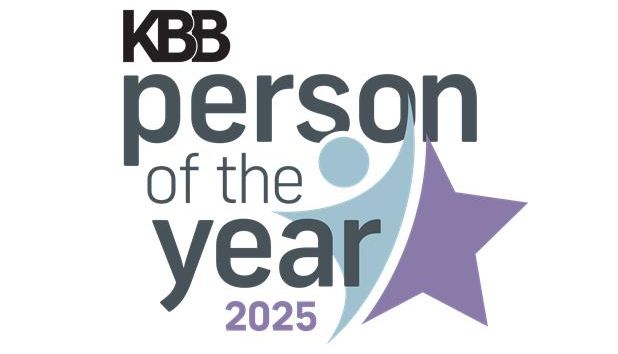Homeowners today are more likely than ever to request sustainable cabinets during kitchen and bathroom renovations. They cite environmental consciousness and concerns for indoor air as top priorities. It’s important to know what’s available and what qualifies as a sustainable cabinet.
Crystal Cabinet Works, Inc. in Princeton, Minnesota, has been in business for 78 years and is a member of the Kitchen Cabinet Manufacturers Association (KCMA). During this time, we have collaborated with dealers and designers to respond to customer preferences. Today, those preferences include sustainable cabinetry and the materials used to manufacture them as homeowners become increasingly aware of the environmental impact of their choices.
What Makes a Cabinet Sustainable?
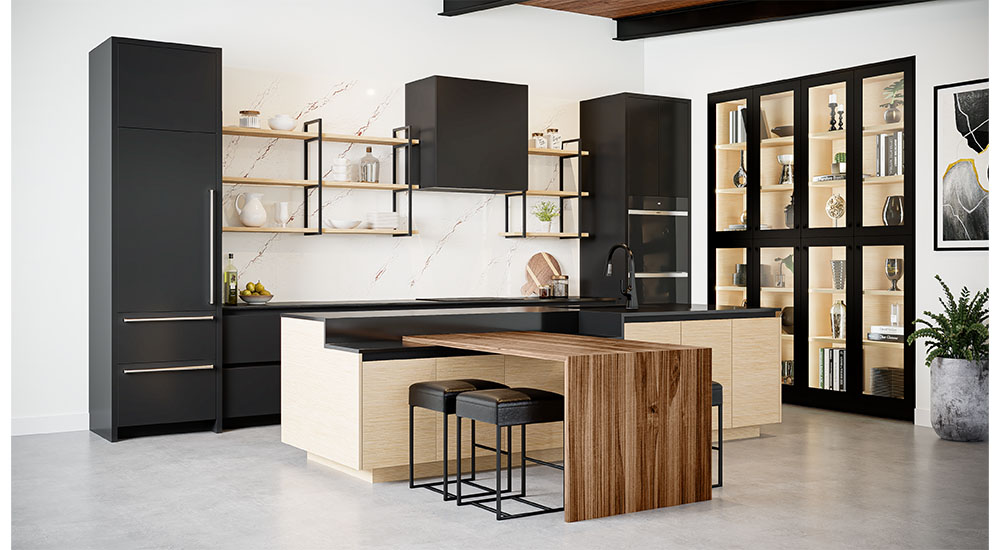
One of the most common misconceptions about sustainable cabinets is when customers ask our dealers for “nontoxic” or “healthy” cabinets. Those terms are meaningless because there’s no criteria behind them. Look deeper and be wary of “greenwashing”.
When identifying sustainable cabinets, we first review the materials that go into the product. We consider the impact that the materials could have on indoor air quality and responsible resource management. For sustainable wood products, like cabinetry, it’s important to first evaluate the lumber supply to ensure the timber is sourced domestically from a third-party-certified supplier. We prioritize suppliers with certifications from reputable organizations like the Forest Stewardship Council (FSC), Sustainable Forestry Initiative (SFI), among others.
Next, we evaluate the composite wood products, where they’re manufactured, and with what type of resin. Again, a trusted, domestic manufacturer is important.
The final element of a sustainable cabinet is its finish: Certified low-emitting coatings can give consumers peace of mind that the finish contains zero formaldehyde and was tested and certified using health-based criteria.
The Indoor Air Quality Advantage
Homeowners who invest in sustainable cabinets can benefit from improved indoor air quality. The way this is achieved starts with real hardwood lumber and NAUF composite wood products, followed by selecting a low-emitting and formaldehyde-free finish. Lower formaldehyde and VOC emissions contribute to a healthier living environment for homeowners. A low-emitting finish is ideal for homeowners concerned about indoor air quality, especially those with allergies or respiratory issues like asthma.
For all other composite wood products, it’s also important to look for certifications that verify low formaldehyde emissions in compliance with California’s and USEPA’s limits
Homeowners are encouraged to regularly ventilate their kitchens and bathrooms to allow fresh air to circulate. It’s also a good idea to clean these areas, including cabinets, to remove allergens that can accumulate in the home. Carefully cleaning according to manufacturer’s instructions can extend the life of the cabinets and enhance their appearance.
Built to Last, Designed for the Planet
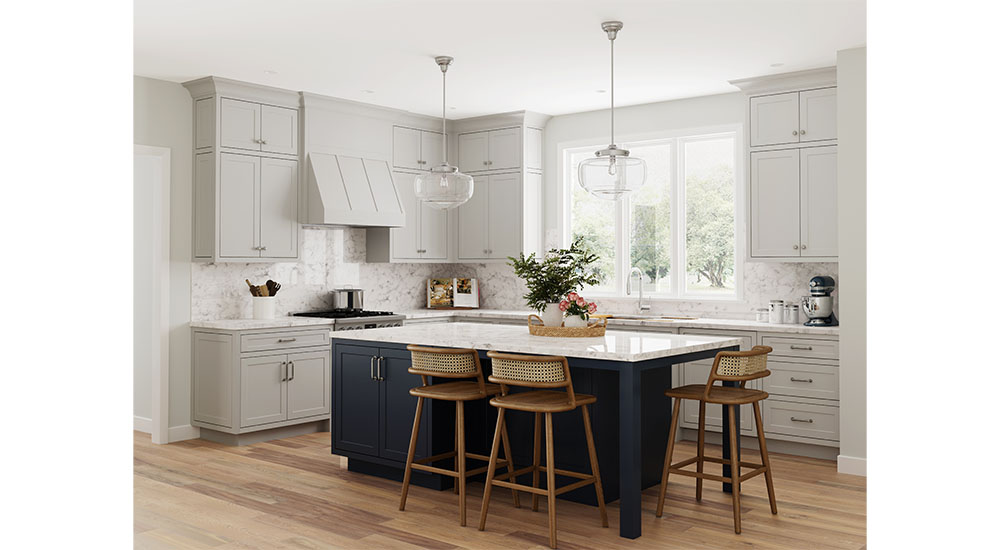
Our sustainable cabinets use the same NAUF plywood boxwork construction and materials as our traditional cabinets. The key difference is the low-emitting finish, which is available by special request in our premium custom cabinets.
When evaluating a sustainable cabinet and the long-run benefit to the environment, it’s critical to consider the entire life cycle of the cabinet.
● Source wood material responsibly.
● Consider the recycled content and the substances incorporated during the secondary processing of cabinet construction materials. For instance, the manufacturing of composite wood products.
● Evaluate the finish and how it may impact indoor air.
● Learn about the cabinet manufacturer itself. For example, ask how waste and emissions from its manufacturing operations are addressed.
● Promote the reuse and/or repurpose of cabinetry removed during remodeling.
Making Sustainable Choices Easier
One way that our company educates our dealers on sustainability is at our training center. When dealers visit our facility, we make them aware that our cabinets have sustainable attributes and we direct them to sources for more information. We developed an FAQ resource for them, have information in our catalog, and always have trained staff available to answer questions.
As more information is available about sustainable cabinets, it’s likely that homeowners will request this option when building or remodeling their kitchens and bathrooms. For a professional involved in the kitchen and bath industry, it’s recommended that you understand the sustainable options available from your suppliers so you can be prepared when these consumers enter your showroom.
When making their selections, consumers and dealers should also review a manufacturer’s overall approach to sustainability to see how they address the three-legged sustainability stool of “product, people, planet.” Asking questions of your suppliers and service providers is one way to help drive change in the marketplace and bring others along on the sustainability journey.
If you’re interested in learning more about sustainability within the cabinet industry, check out the Kitchen Cabinet Manufacturers Association Environmental Stewardship Program (ESP) certification. It’s the most rigorous and holistic cabinet environmental certification in the marketplace. It has wide-ranging requirements for air quality, pollution prevention, resource sustainability, waste minimization, environmental stewardship and community relations. Learn more on the Kitchen Cabinet Manufacturers Association website in the Certifications section.
—By Angela Bouma, compliance and risk manager at Crystal Cabinet Works in Princeton, Minnesota. She has more than 30 years of experience working for the company. A graduate of the University of Minnesota, Bouma holds a Bachelor of Science degree in environmental science.

